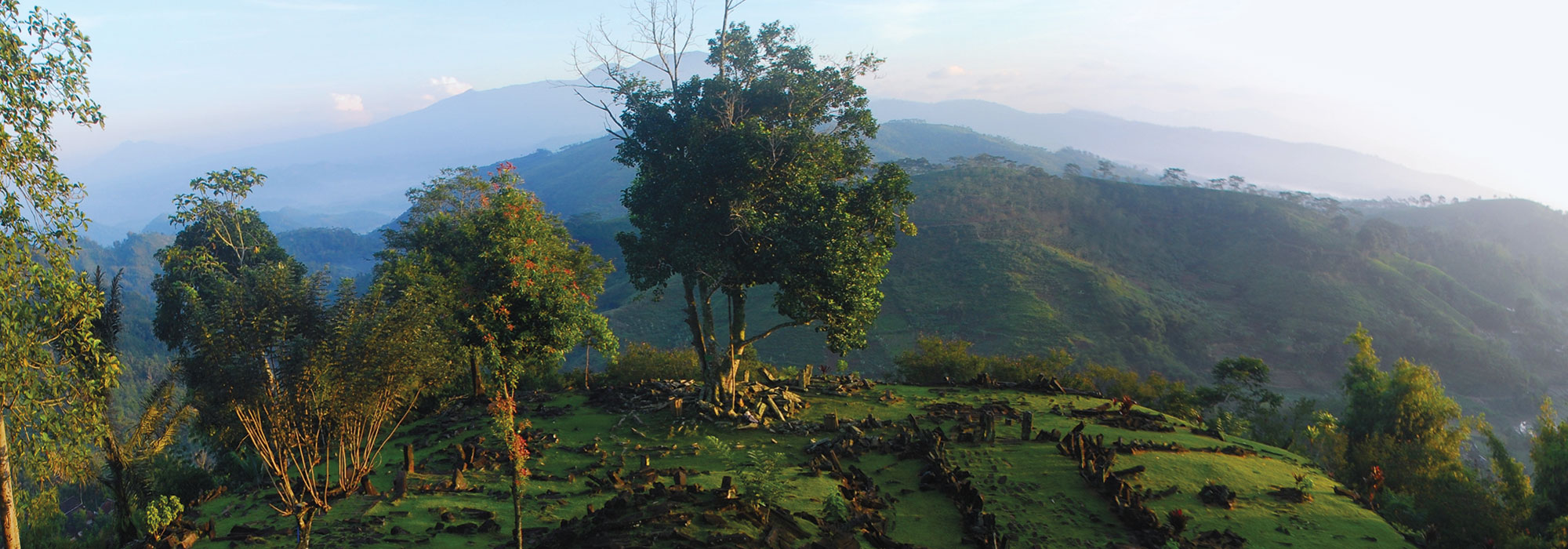BASEL, SWITZERLAND—According to a statement released by the University of Basel, an international team of scientists has analyzed proteins recovered from residues in two 2,700-year-old bronze cauldrons discovered in northern Mongolia. The test results indicate that the vessels were used to process animal blood, mostly from sheep and goats, and milk, mostly from domestic cattle and yaks. The researchers, led by Shevan Wilkin of the University of Basel, suggest that nomads in Mongolia collected the blood as part of the process of making sausages. Milk was likely fermented in the vessels. “This shows that yaks were domesticated and milked in Mongolia much earlier than previously assumed,” Wilkin said. The fermentation likely preserved the milk as yogurt, or it may have been an ingredient in the sausages, she added. Read the original scholarly article about this research in Scientific Reports. To read about new research on the date of yak domestication, go to "Around the World: Tibet."
Study Shows Bronze Age Cauldrons Held Blood and Milk
News June 6, 2024
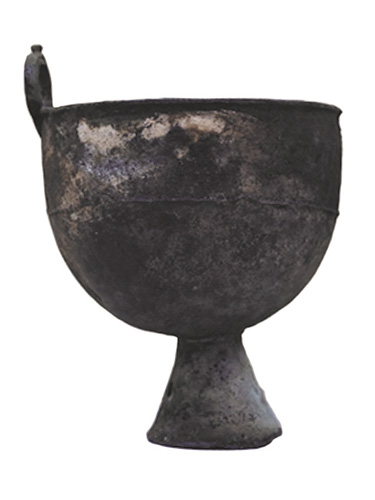
(Jamsranjav Bayarsaikhan)
SHARE:
Recommended Articles
Off the Grid May/June 2025
Bulow Plantation Ruins, Florida
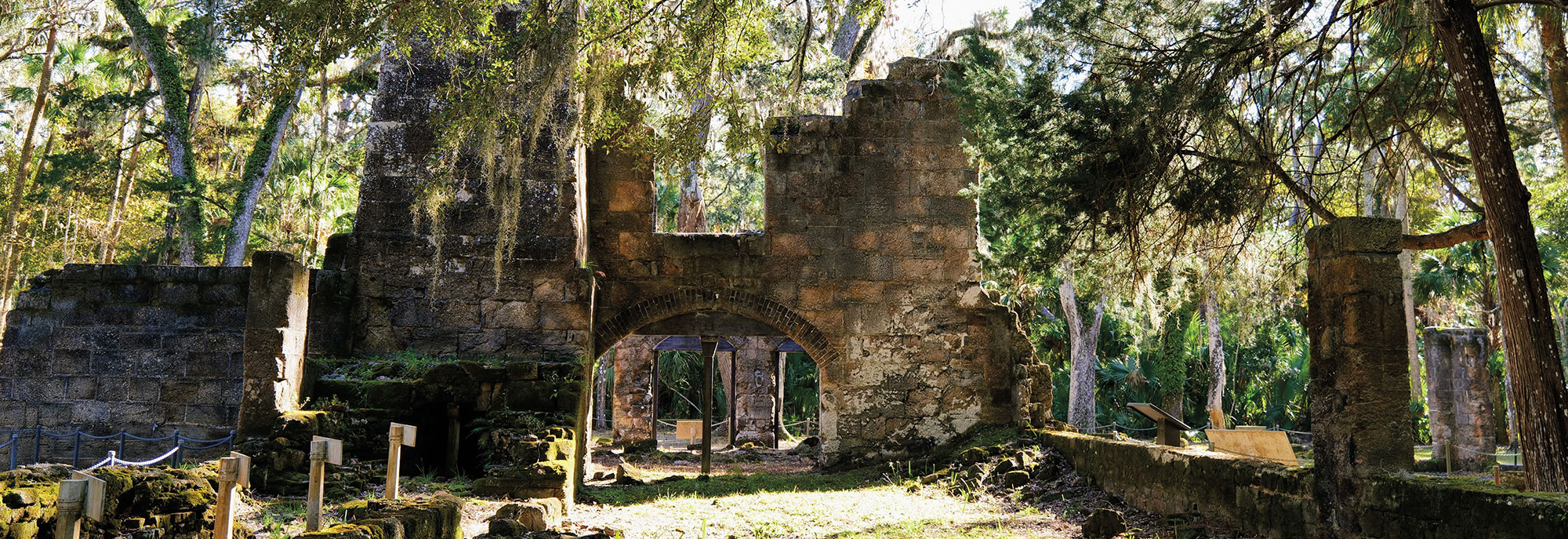
Ben O’Donnell
Features May/June 2025
Lost City of the Samurai
Archaeologists rediscover Ichijodani, a formidable stronghold that flourished amid medieval Japan’s brutal power struggles

Tohan Aerial Photographic Service/AFLO
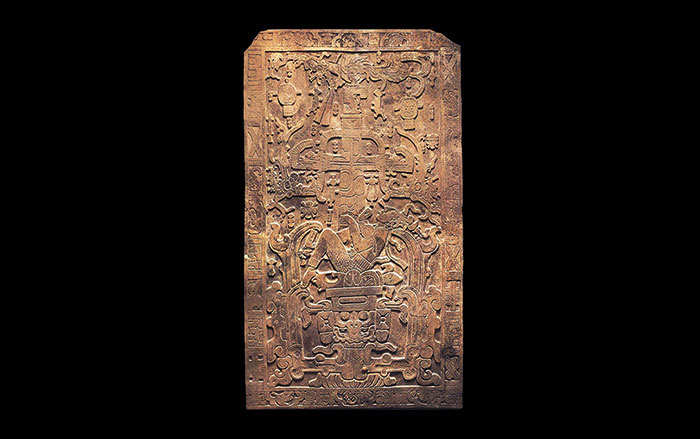
HIP/Art Resource, NY

Courtesy Fingal County Council
-
Features July/August 2024
The Assyrian Renaissance
Archaeologists return to Nineveh in northern Iraq, one of the ancient world’s grandest imperial capitals
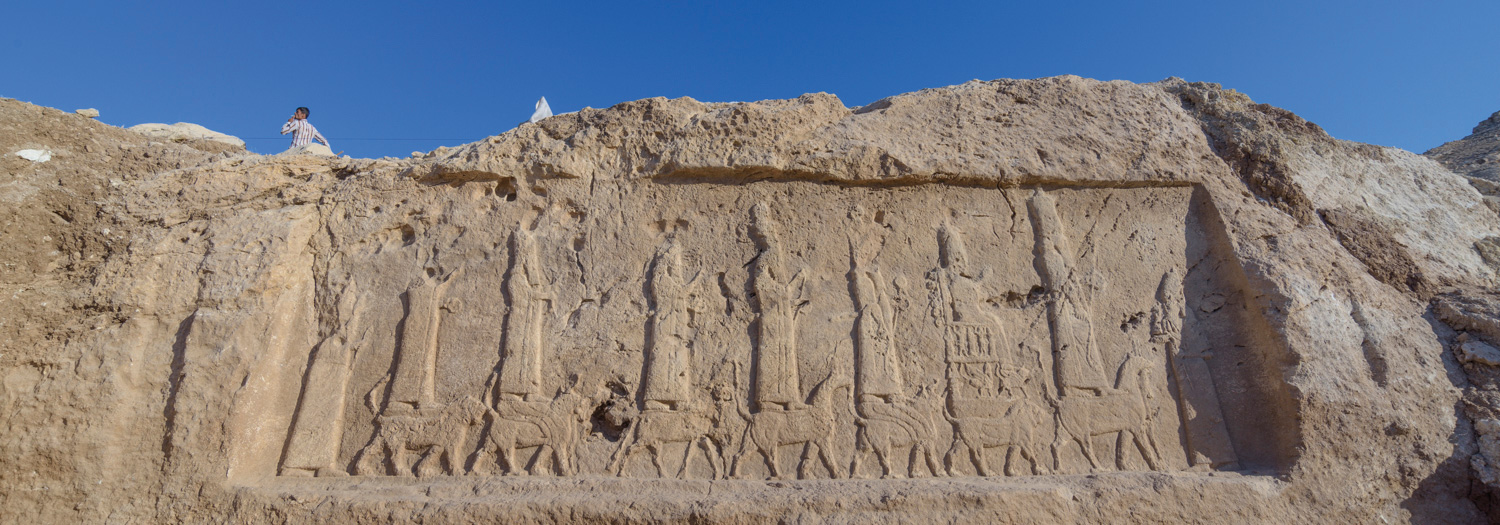 (Land of Nineveh Archaeological Project)
(Land of Nineveh Archaeological Project) -
Letter from Nigeria July/August 2024
A West African Kingdom's Roots
Excavations in Benin City reveal a renowned realm’s deep history
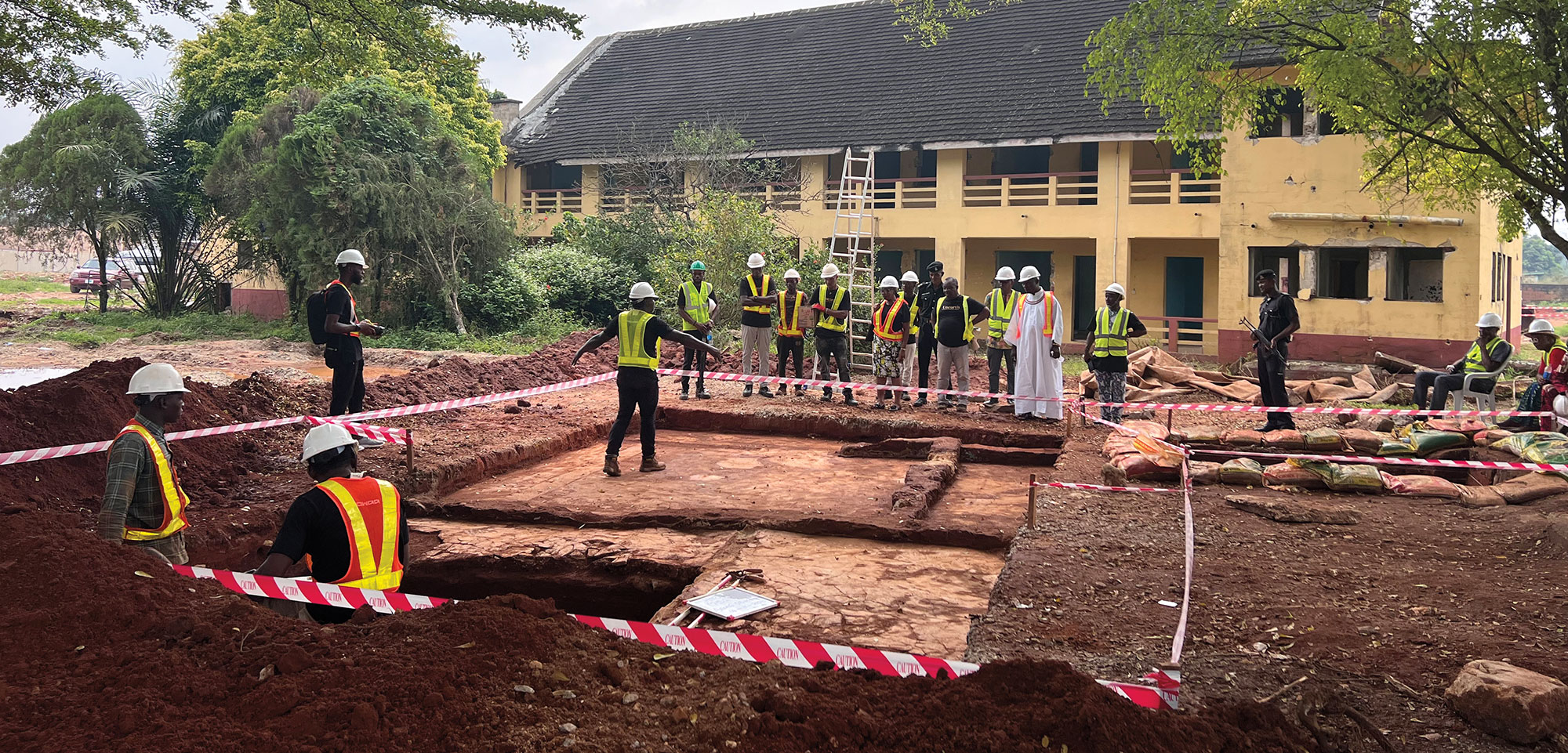 (Mike Pitts)
(Mike Pitts) -
Artifacts July/August 2024
Etruscan Oil Lamp
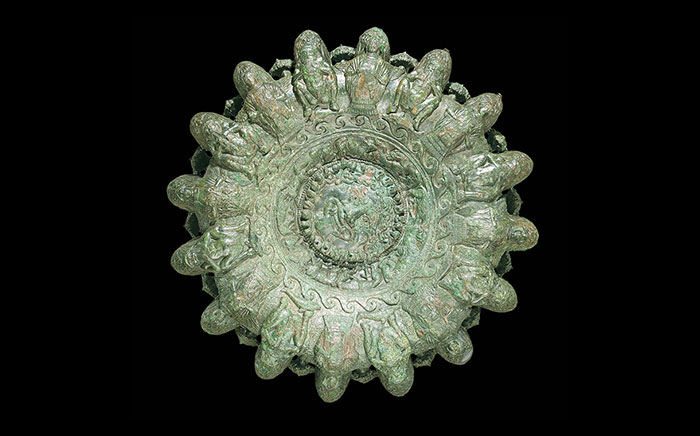 (Courtesy Museo dell’Accademia Etrusca e della Città di Cortona; © DeA Picture Library/Art Resource, NY)
(Courtesy Museo dell’Accademia Etrusca e della Città di Cortona; © DeA Picture Library/Art Resource, NY) -
Digs & Discoveries July/August 2024
Bronze Age Beads Go Abroad
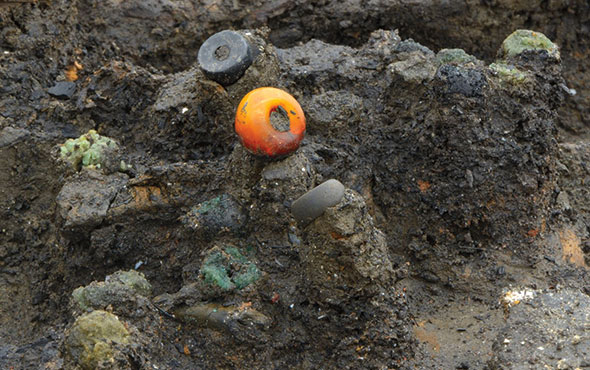 (Courtesy Cambridge Archaeological Unit)
(Courtesy Cambridge Archaeological Unit)


